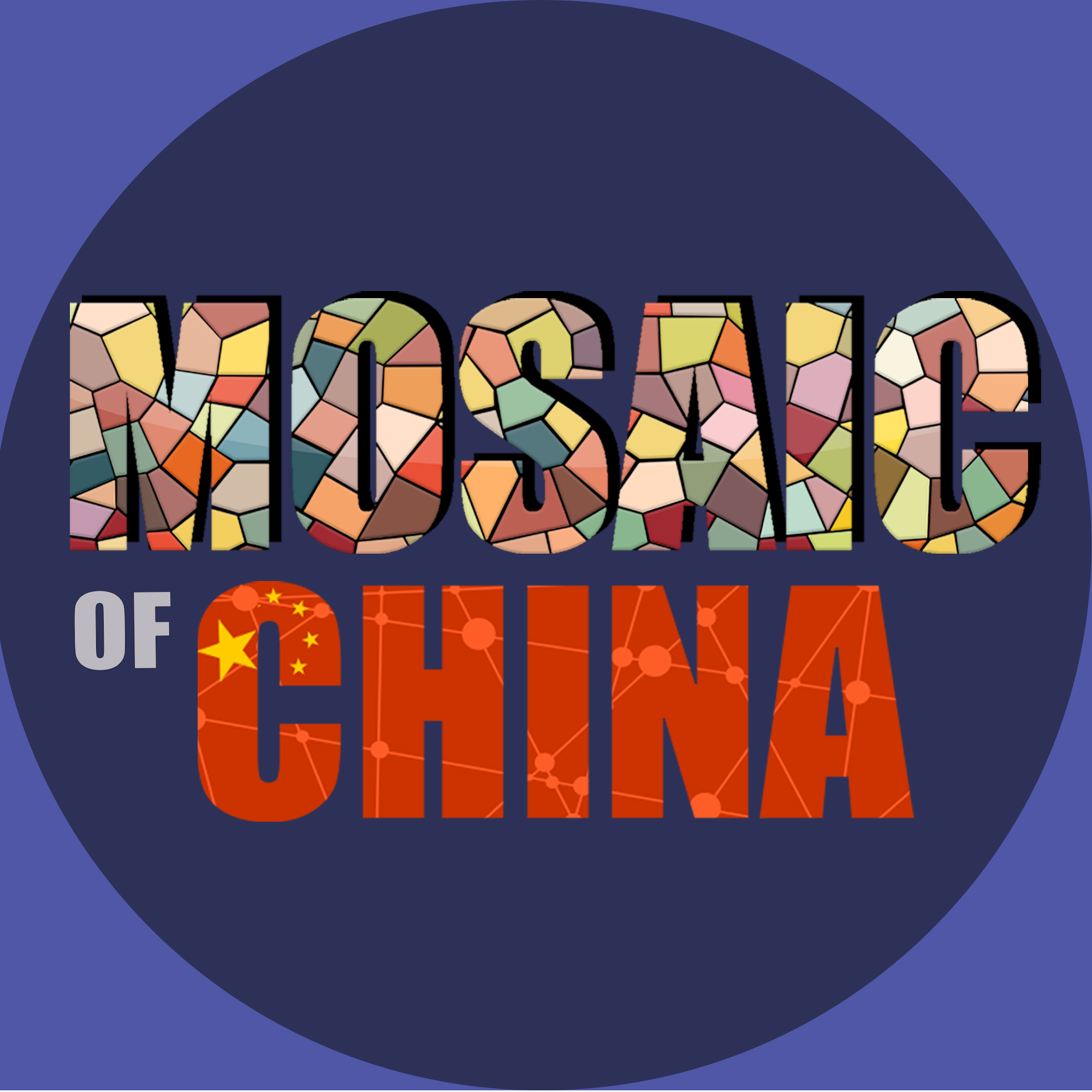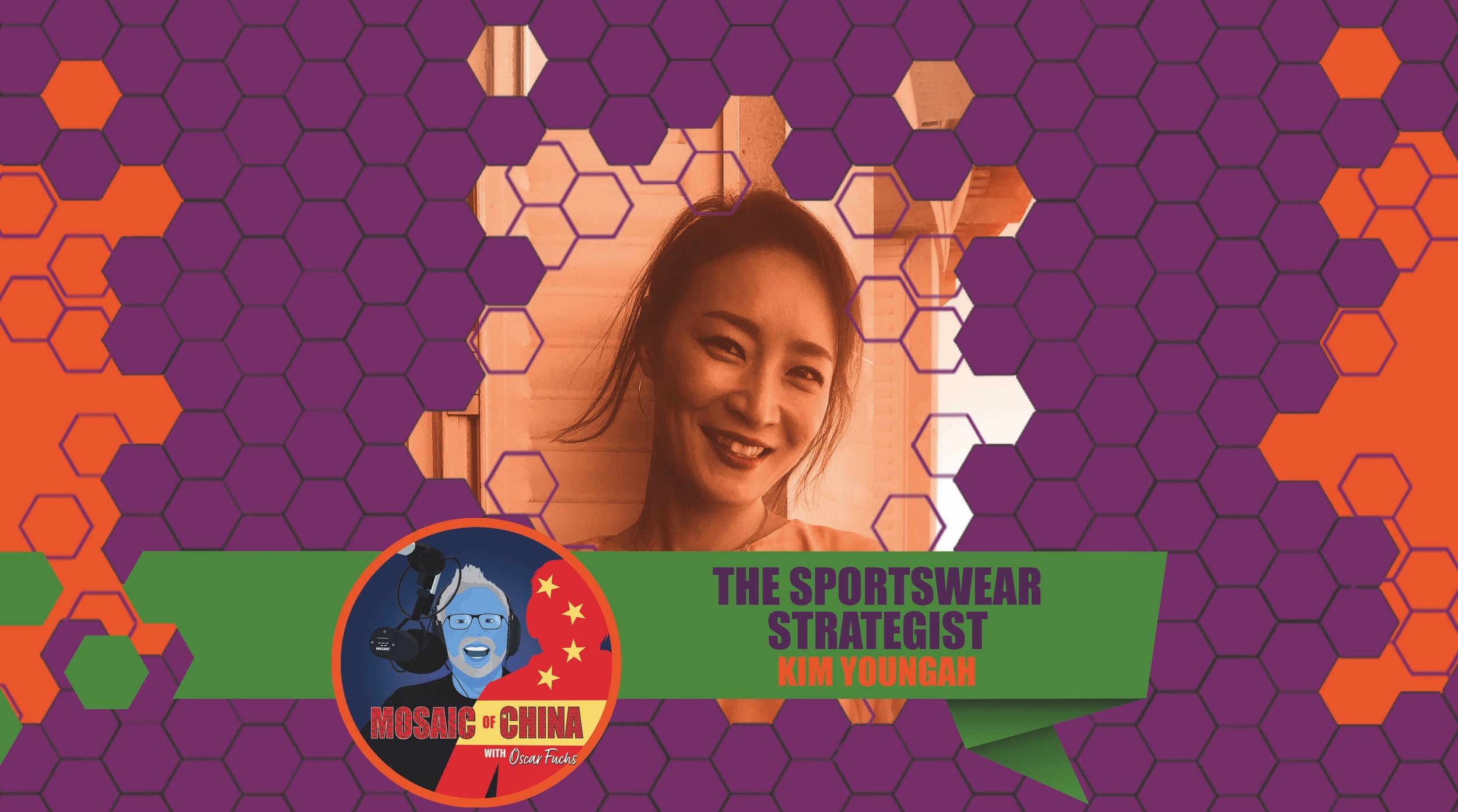Season 03 Episode 18
The details below are for the REGULAR version of this episode. For the PREMIUM version, subscribe on Apple Podcasts, Patreon (outside China) or 爱发电 (in China).
Episode 18: The Sportswear Strategist
KIM YoungAh - Merchandising Director, adidas China
Original Date of Release: 11 Apr 2023.
Things are finally looking up for international sportswear brands in China in 2023. For the previous few years, almost all brands were suffering due to instability of the market during COVID and the rise in popularity of Chinese domestic competitors.
With this as the backdrop to our conversation - recorded last year - a big thanks goes to today's guest Kim YoungAh for offsetting these heavier topics with a very lighthearted and cheerful conversation about her career in merchandising at Nike, adidas, Fila, Gap and Crocs.
The episode also includes a catch-up interview with Wendy SAUNDERS from Season 02 Episode 12.
Season 03 is supported by Shanghai Daily - the China news site; Rosetta Stone - the language learning company; naked Retreats - the luxury resorts company; SmartShanghai - the listings and classifieds app; and JustPod - the podcast production company.
To Join the Conversation and Follow The Graphics…
View the Instagram Story Highlight, the LinkedIn Post or the Facebook Album for this episode. Alternatively, follow Mosaic of China on WeChat.
To view the images below on a mobile device, rotate to landscape orientation to see the full image descriptions.
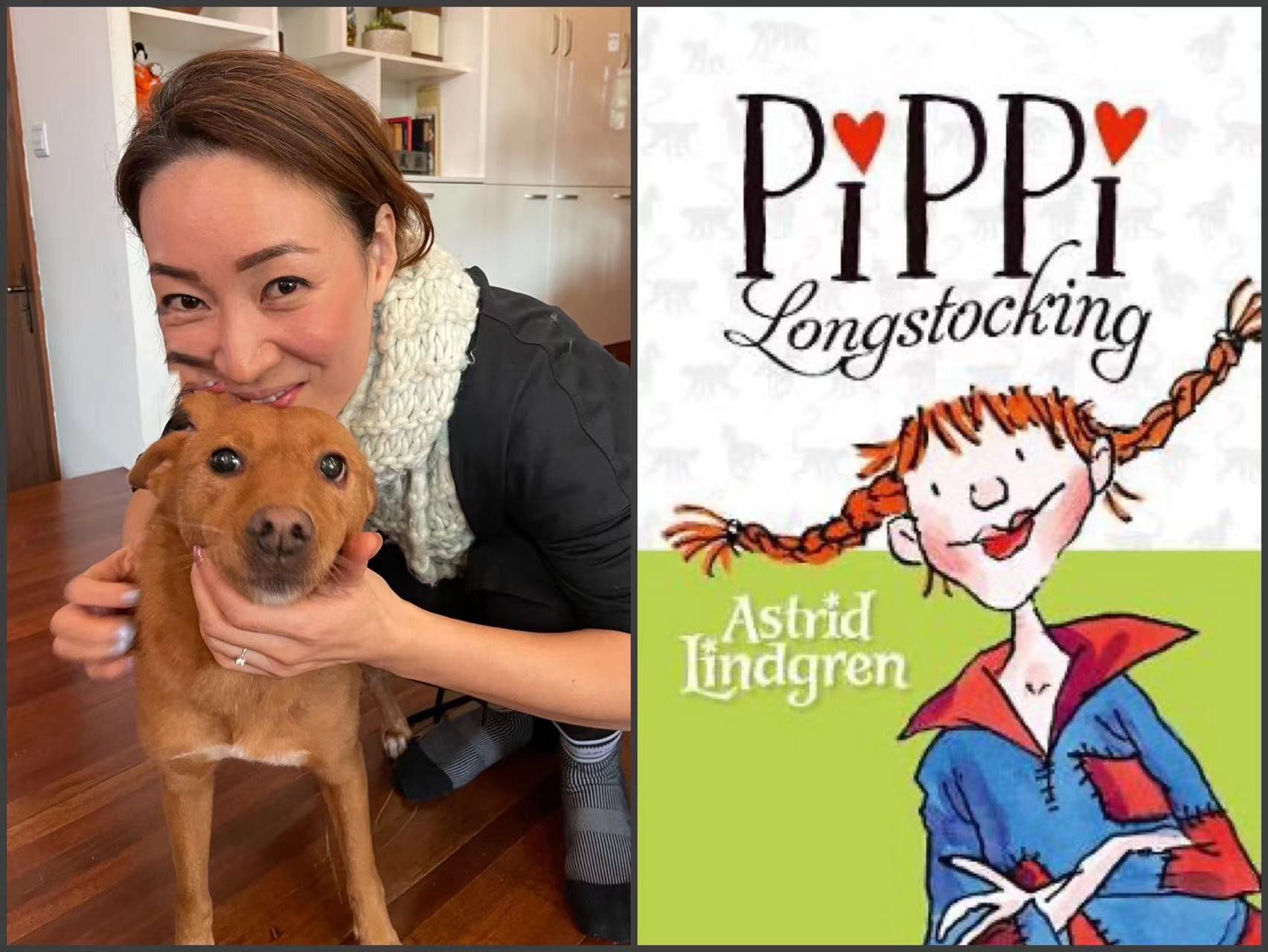
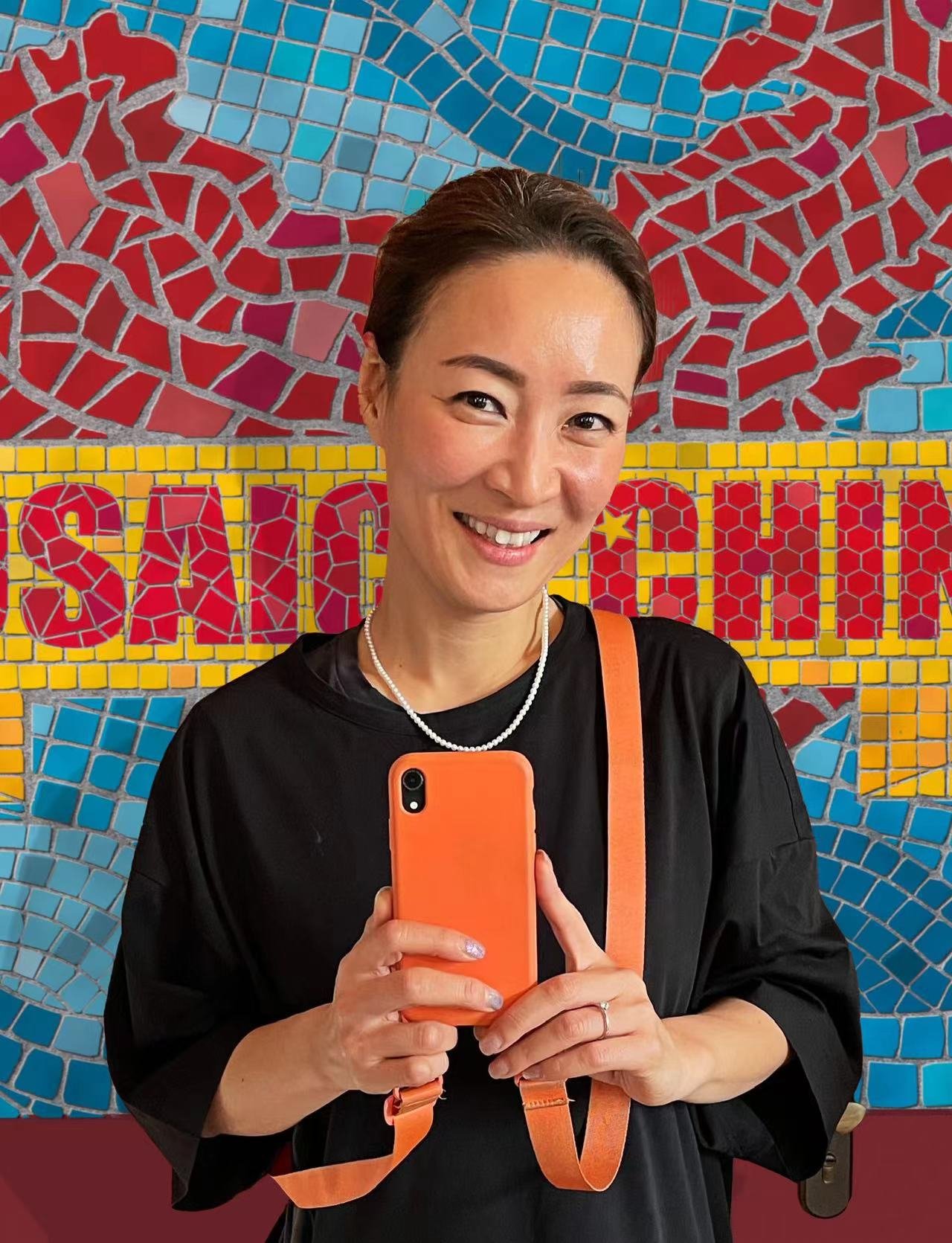
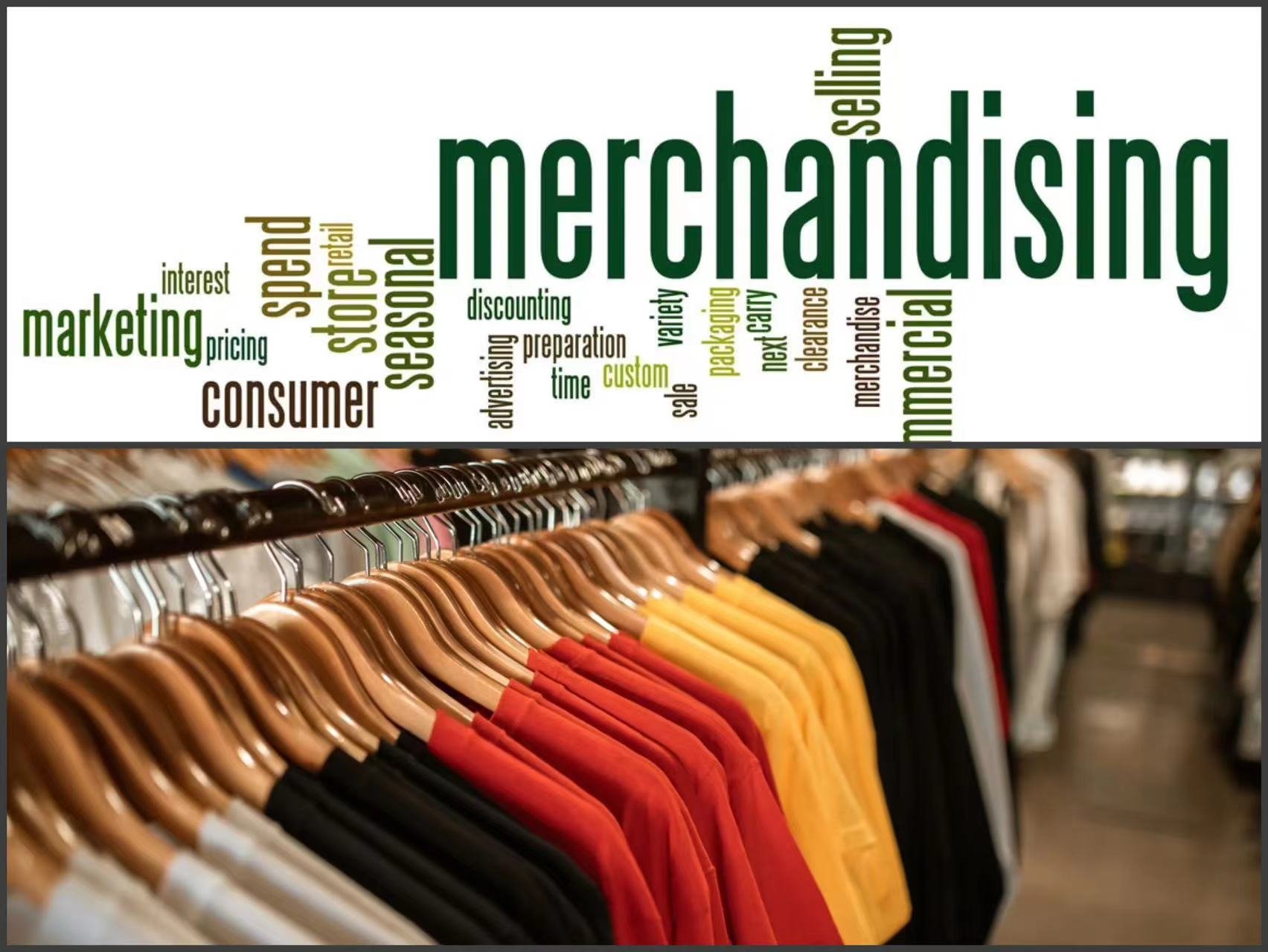
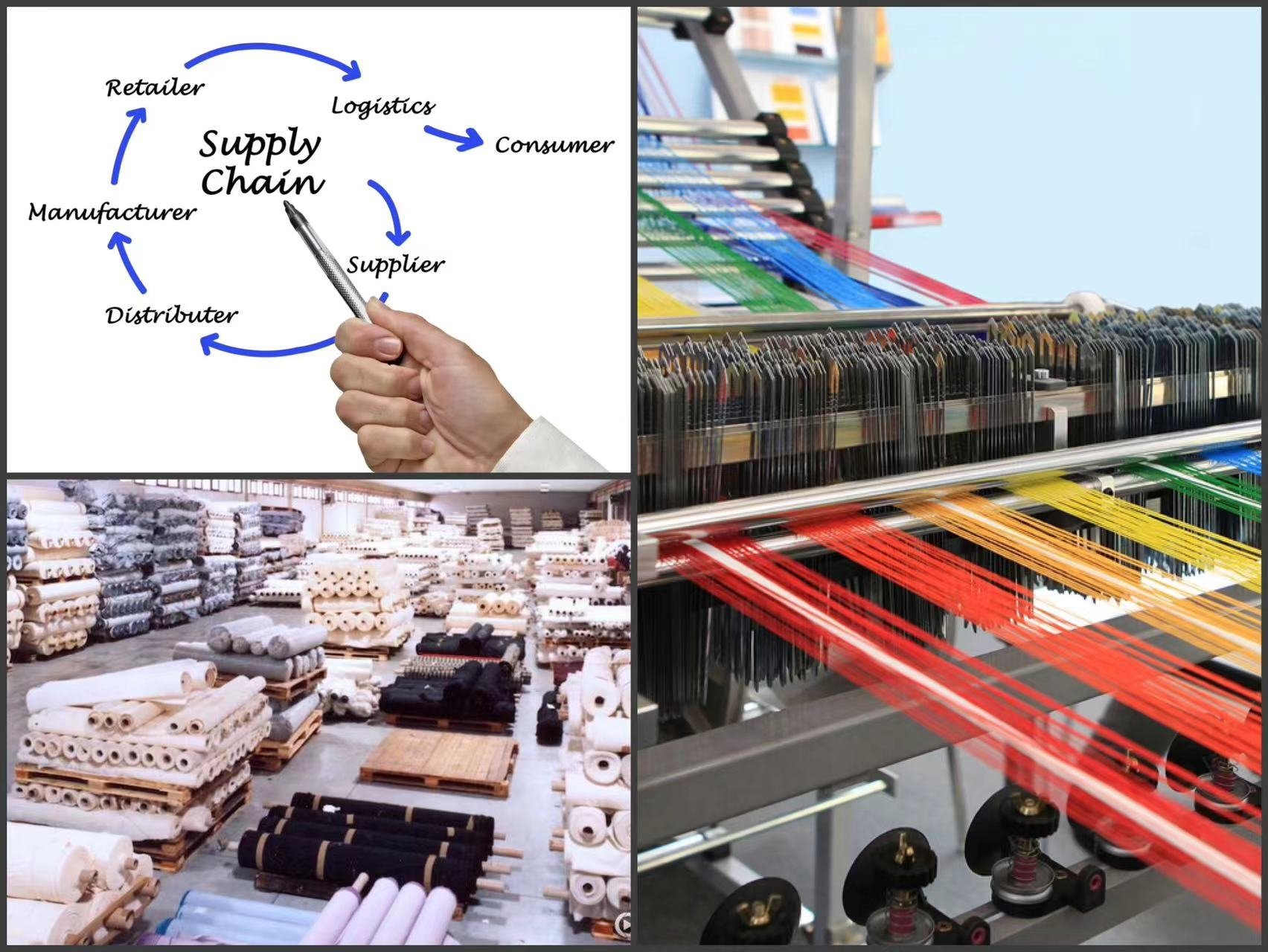
![Kim YoungAh: The Chinese consumer has been wooed by bold designs from Chinese sportswear brands like 李宁 [Lǐníng], so adidas needs to be aware of its competition.](https://images.squarespace-cdn.com/content/v1/5d40122274f3720001d9543b/1681128555996-9X5AFUNLS9H38YP3HSQ4/CN+11567+s03e18+KIM+YoungAh+D+General+Episode+Image.jpg)
![Kim YoungAh: She is often mistaken for being Chinese, specifically someone from 山东 [Shāndōng] province. Which makes sense considering how close it is to Korea.](https://images.squarespace-cdn.com/content/v1/5d40122274f3720001d9543b/1681128556107-09NS6Z6BDLP7D98B1DWK/CN+11568+s03e18+KIM+YoungAh+D+General+Episode+Image.jpg)
![Kim YoungAh's favourite phrases in Chinese: 小姐 [xiǎojiě] and 美女 [měinǚ].](https://images.squarespace-cdn.com/content/v1/5d40122274f3720001d9543b/1681128556861-XK48UV4PPCO0WU9TNO44/CN+11569+s03e18+KIM+YoungAh+F+Q02a+Phrase.jpg)
![Kim YoungAh's favourite destination in China: 呼伦贝尔 [Hulunbuir], on the Mongolian prairie.](https://images.squarespace-cdn.com/content/v1/5d40122274f3720001d9543b/1681128557091-U50VJE851CZXSAKDQD0Q/CN+11570+s03e18+KIM+YoungAh+G+Q03a+Destination.jpg)
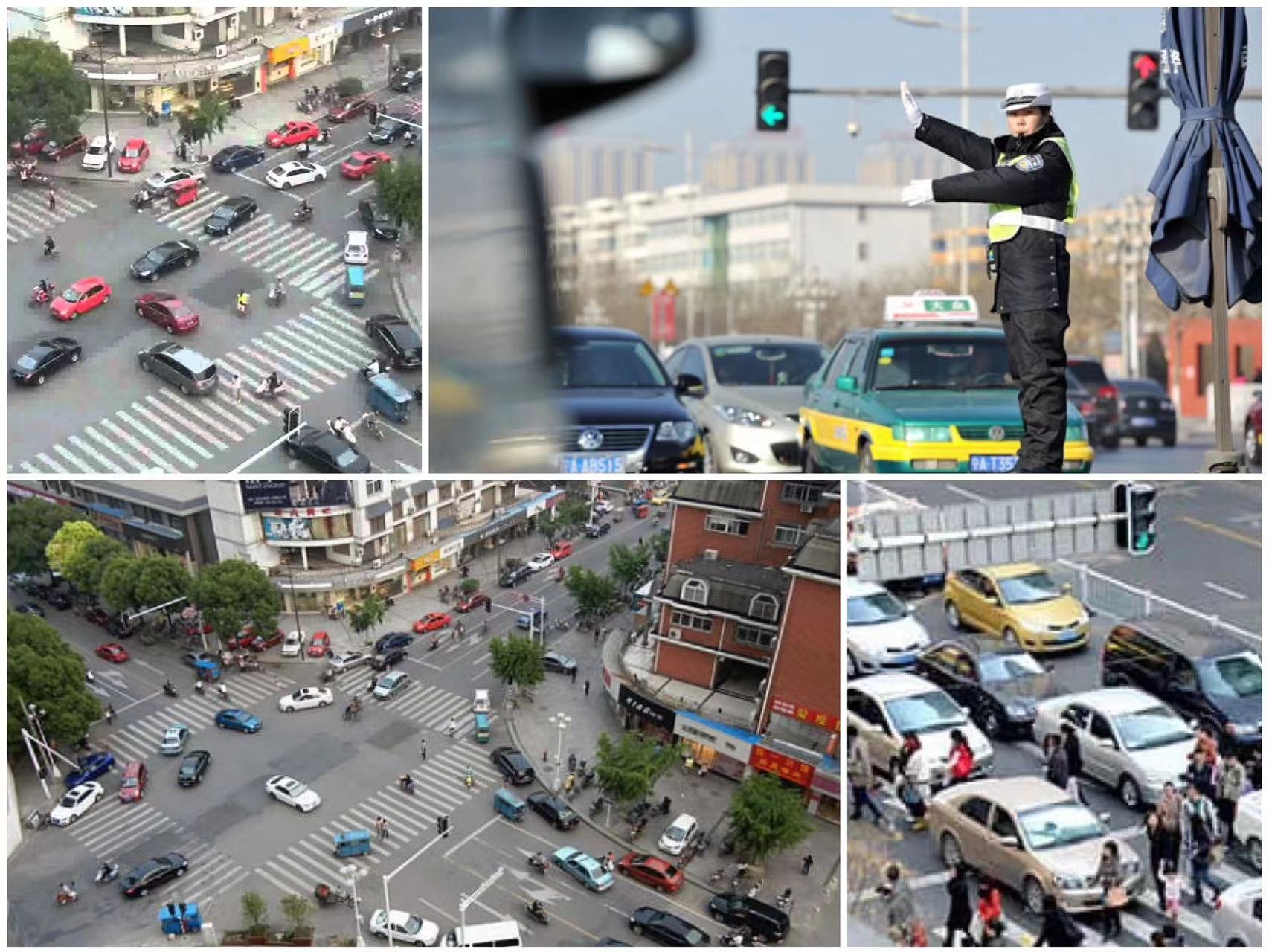
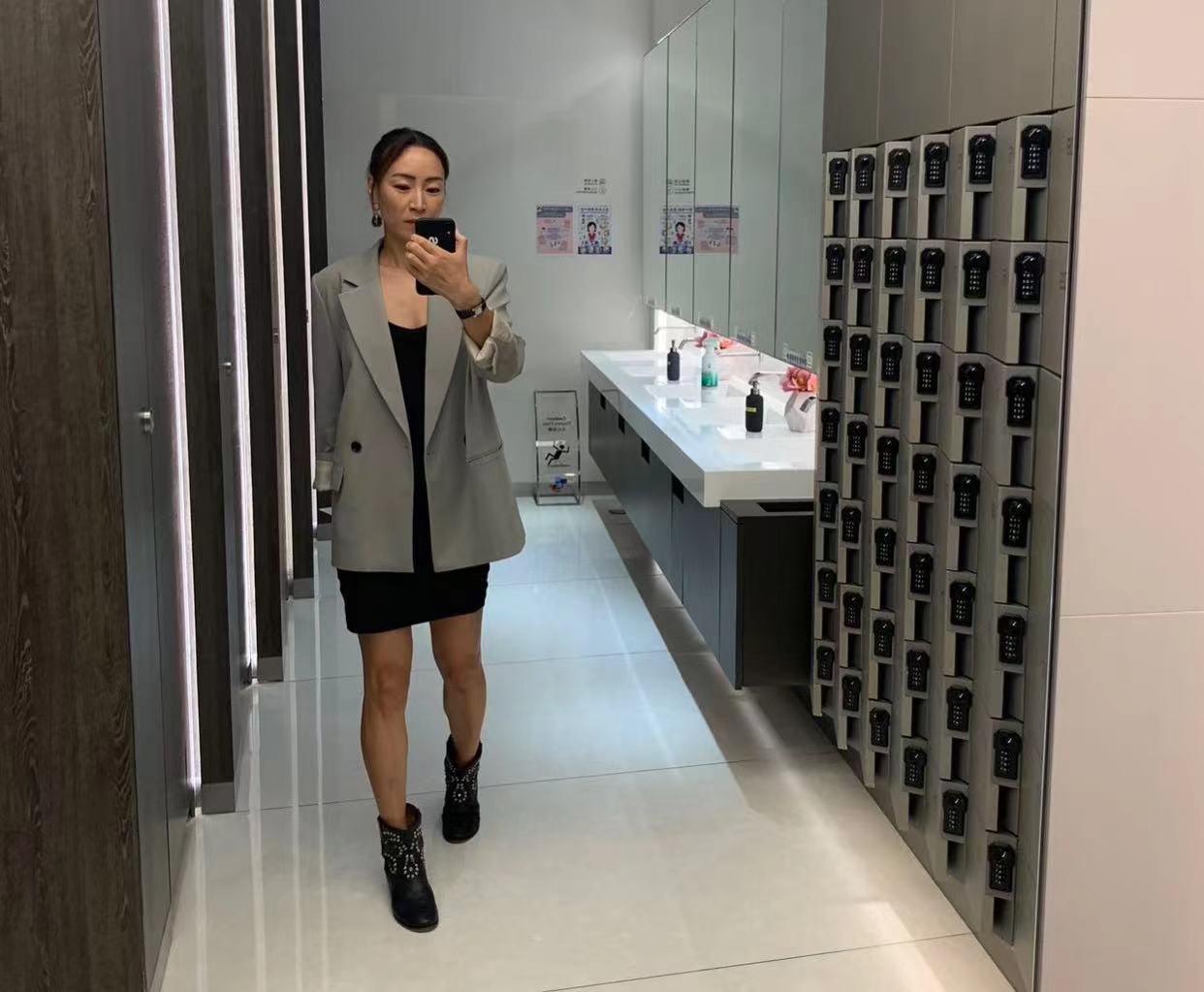
![Kim YoungAh's go-to songs to sing at KTV: ‘Gangnam Style’ by PSY and 新不了情 [Xīn bùliǎo qíng] by 万芳 [Wàn Fāng].](https://images.squarespace-cdn.com/content/v1/5d40122274f3720001d9543b/1681128559176-NUCRRICOY9U1ICYVNSO5/CN+11573+s03e18+KIM+YoungAh+L+Q09a+KTV.jpg)
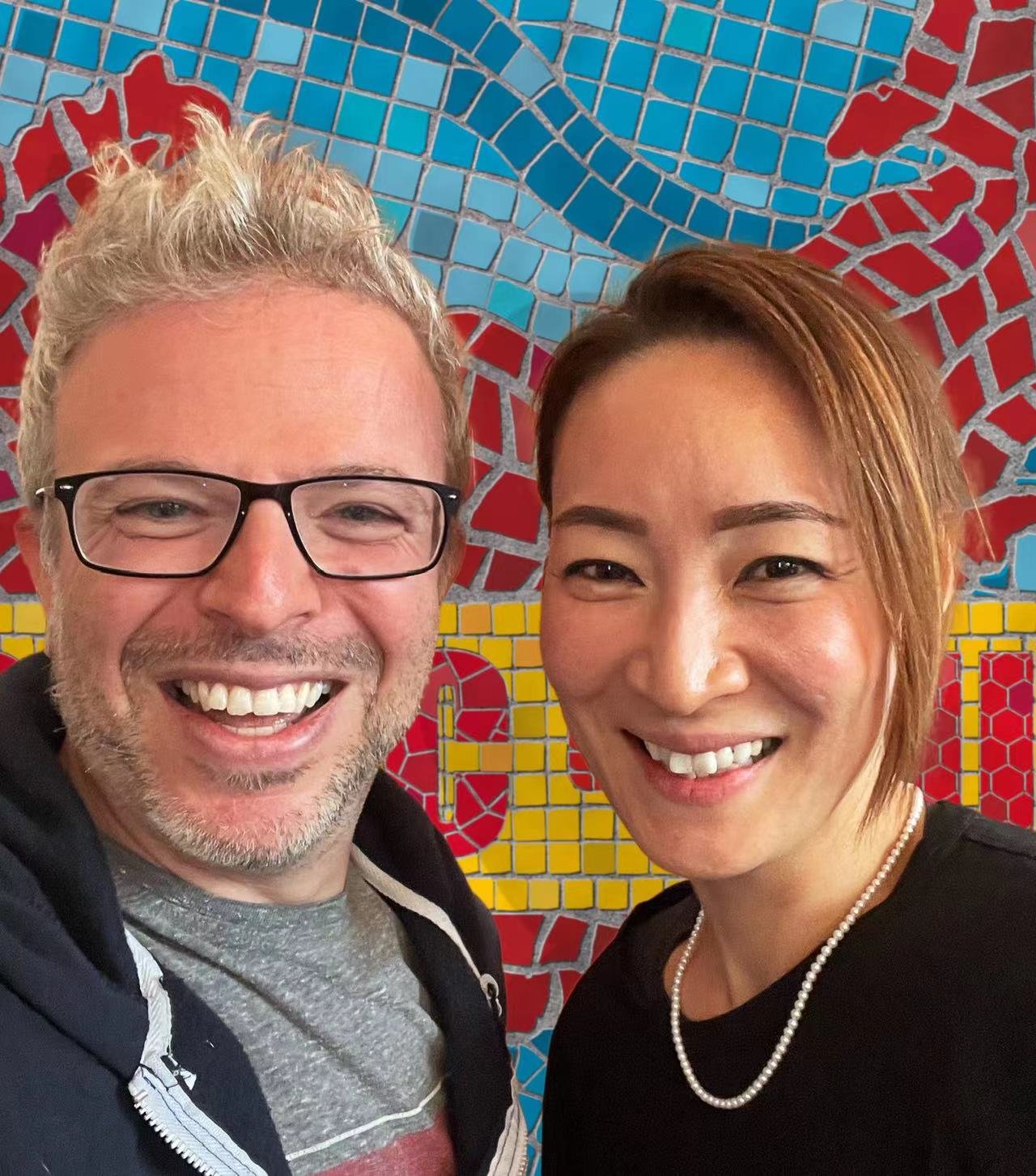
To Listen Here…
Click the ▷ button below:
To Listen/Subscribe Elsewhere…
1) Click the link to this episode on one of these well-known platforms:
2) Or on one of these China-based platforms:
To Read The Transcript…
[Trailer]
KY: “Oh! Sorry, sorry, sorry! My apologies!” Something like that.
OF: That’s cute.
[Intro]
OF: Welcome to Mosaic of China, a podcast about people who are making their mark in China. I’m your host, Oscar Fuchs.
Sometimes in this show I like to do a deep dive into a profession that most of us don’t really know about. A good example was the last episode with Frank Abel, where we learnt about the life of a stunt man in China. But we’ve had lots of episodes like that, from gin distilling to video game designing to robot making.
Today’s episode is with Kim YoungAh, who works in sportswear at adidas. And all of us know sportswear; all of us know adidas. But do we know what it means to work in merchandising? Personally, I’ve been hearing this word for years and whenever it comes up I just nod knowingly, because yeah I understand this word, it means ‘selling’. Merchandisers work in selling, right? Well, it turns out that there’s a lot to learn from this complex world - a world of wholesalers and franchisers, and multi-brand stores, and fashion malls, and segmentation, distribution, inventory, and so on and so on. So, here’s the episode on merchandising!
[Part 1]
OK: Thank you very much for coming, YoungAh.
KY: Oh, thank you for inviting me.
OF: It's great to see you.
KY: Me too.
OF: We actually have a third guest in the room today. Can you introduce who else is in the room with us?
KY: Pippi. P-I-P-P-I.
OF: P-I-P-P-I.
KY: Yeah. Pippi has now been with me for three years. She's a rescue dog. I think she's almost nine years old, we don't know actually. I took the name from Pippi Longstocking...
OF: Ah, OK.
KY: … Who was kind of a hero to me when I was young.
OF: Nice.
KY: Very brave, determined, and always very positive. So I thought she has a life like Pippi Longstocking: “Pippi”.
OF: And she's nice and calm. It reminds me, there was one other episode I recorded where we had a dog in the studio.
KY: Yeah.
OF: That was with Lexie Comstock. Just having Pippi here, it's a nice connection back to Season 01. But yeah, she's beautiful.
KY: Yeah.
OF: Let’s hope that we won't hear her, she is certainly quiet now. But if we do hear a little pitter-patter on the wooden floors, that Pippi that's not YoungAh.
KY: Yeah.
OF: We’re doing this in my home. We might hear some outside noises. So let's get started. How would you, in one sentence, describe what you do here in China?
KY: I’m a merchandiser. For stores, for branding campaigns, for e-commerce channels and then own retail channels. I’ve always been working in multinational sports and fashion brands, like Nike and adidas, and also Fila and Gap.
OF: Nike, adidas, Fila and Gap.
KY: And Crocs.
OF: And Crocs!
KY: Five big companies, yeah.
OF: Great. Well, you are right now at adidas, but you're not here talking in an official capacity for adidas, right?
KY: Yes, yes.
OF: Good. So before we get into that, what object did you bring that in some way describes your life in China?
KY: So this is my phone carrier. It’s so dirty. Because I carry it every day. It’s something that’s like part of my body.
OF: Oh.
KY: Because I'm a mom of two girls. And then I’m also working very hard in a big company. That's why I really always try to think about efficiency in life, and mobility. Go everywhere; and then pay for everything; at the same time having conference calls through the phone, living in a virtual life, especially for multinational companies.
OF: Yeah. Of course, everyone around the world can relate to what you're talking about. But in China especially, we are so dependent on our phones. So let's go straight into your life at adidas and your previous 4-5 brands. Tell me about what would be the main thing that you do?
KY: Yeah, the main thing is merchandising. Merchandising is how to plan the product launch; creating the product collection; planning the holistic assortment for the season launch, to cover the entire marketplace. I need to think about what is the business goal: achieving revenue. Then I need to translate this into: What is the optimised size of the product range? At the same time: How much do we need to sell? Also, we need to maintain the right size of the inventory at the same time. So, a lot of complexity. But I've been doing this for more than 20 years, so it’s quite natural for me.
OF: You have to deal with the supply chain; you have to deal with finance; you have to deal with…
KY: Marketing.
OF: … Everything.
KY: Every part. Every part, yeah.
OF: Yes. And is that the same role in every company?
KY: Yes. Product is the thing, right? Product represents the brand; product represents consumer needs; and product represents the manifesto for the brand, what they want to drive.
OF: Let's take it from the beginning then. Let's say it’s adidas, but it could be any company, right? Adidas has these new products that they are trying to push across the world this season.
KY: Yeah.
OF: So you see the global products, and then you decide which of them will come to the China market? Is that a simple way of putting it?
KY: Yeah. I think that’s 60 or 70% of our range. At the same time I also work together with the creation team in Shanghai as well.
OF: That’s what I was gonna say, yeah.
KY: Yeah, yeah. So there’s a combination. This kind of multinational company always allows room to drive the brand, and at the same time drive the local needs.
OF: So when you are deciding the range, you are also deciding the quantities of the range as well.
KY: The forecast always comes in first. And then we get feedback from our customers - which are the wholesalers - asking them how much they are actually interested. Then we need to talk with the supply chain team, then the supply chain team will talk to the factories, and forecast the production capability: “This is amount of material you need to pre-book”, something like that.
OF: Right.
KY: So there are a lot of rounds we go through. Yeah.
OF: So one little tweak in one part will then have a knock-on effect with the manufacturing, with the supply chain, everything else. And I can see why it's quite useful that you can use your wholesalers as a bit of market research before you really launch to the public. Like, how much of your product is sold through the wholesalers, and how much is sold directly?
KY: I think that's a bit tricky to share.
OF: Yeah.
KY: It's about the company's portfolio.
OF: Yeah right.
KY: So some companies… I wouldn't say specific brands, but some companies really want to start from scratch, and then drive the business. But the big scale of Nike and adidas makes this impossible.
OF: Right.
KY: But still we need to have flagship stores.
OF: Right. And those are the ones where you have control over the entire story.
KY: Yes. But from the consumers eyes - especially in China - they don't really see who owns what.
OF: No.
KY: Because franchise stores have mono-brand signboards.
OF: Me as a customer, I don't know if I'm walking in a franchise store or a flagship store.
KY: Yeah. And then we give them support. Franchise stores will manage the same level of the experience and also the execution as our own stores.
OF: But then when you think about the franchisees, you're also including the franchisees who stock not just one brand, right? They could stock adidas, they could stock Nike, they can stock all the other sports brands in one store, right?
KY: Those are the multi-brand stores, yeah.
OF: Right.
KY: Yeah, yeah.
OF: Presumably, that is where you have the least control over the story, right?
KY: Might be. But some of the multi-brand companies have a business strategy to grow together with these key partners, which are the brands. Building some kind of long term plan together…
OF: Well, because they have as much scale as you do, these big multi-brand shops.
KY: Yes, yes. Their voice is quite strong.
OF: So in those cases then, how much interface do you have with the multi-brands?
KY: In Korea, I had a lot of opportunity to have conversations with these multi-brand owners, and then also their teams. Because in Korea the multi-brand business was really booming. But in China, the multi-brand segment is quite small.
OF: Ah.
KY: So that's why I don't have much chance to connect with them. So that's one of the big differences. Outside of China, most mature markets have a really big portion of this multi-brand business.
OF: Me - as someone who is not very fashion-focused, I don't really have much loyalty either, I'm a terrible consumer - that’s the kind of place that I would definitely go to.
KY: Yeah.
OF: But you're saying that in the context of China not being a mature market? Is that the difference?
KY: No, I wouldn't say that it's not being a mature market. I don't know, there isn’t any clear answer. The consumer, whether they want to see every brand's full range in each brand’s stores… I don't think so. It's more about the landlord. These giant landlords, in order to make their fashion mall to be more inspiring, they need the one-store consumer journey.
OF: Because what you're saying is, if you have a multi-brand store in one of these big fashion malls, it doesn't feel special enough, right?
KY: Yeah. Maybe also China is like a giant opportunity in terms of the territory perspective. Each brand doesn't need to be really squeezed into a multi-brand store. That's what I think.
OF: Yeah.
KY: Yeah.
OF: In your current role, you’re looking after just one line of clothing, right?
KY: I'm doing a category merchandising role, which is actually women's sports performance apparel in adidas, and the adidas by Stella McCartney line, yeah.
OF: Right.
KY: The current role is really front end, I plan the segmentation distribution in advance. For example, I have 100 different products. Out of 100 products, 20 products must go to ‘hype drop’.
OF: ‘Hype drop’?
KY: ‘Hype drop’. Like, you know, this is really really…
OF: Special.
KY: Special. We want to control supply so that we maintain a high level of desire. And I want to drive the desire. So I make a decision, and then control which stores can sell this one, which stores drive this one. When we put everything together, we ensure that we don't have any kind of missing opportunity.
OF: Right.
KY: Where is the right place to launch at the right time?
OF: Right.
KY: Because not every place is the right place, not every time is the right time.
OF: The franchisees have an understanding about what they think will sell in their store. So they can sometimes push back on you.
KY: Sometimes they just want it.
OF: Oh they just want it, right.
KY: Yeah, either way.
OF: That’s a tricky relationship to actually manage then. Because you have to withhold from certain people, and give to maybe they're competing franchisees?
KY: Yeah, endless negotiation. Endless negotiation. If the category is going well, then it’s a positive negotiation. You know, everybody wants it. But…
OF: Oh but if it’s not going well, oh gosh…
KY: Yeah. Then everybody is pushing back.
OF: They don't want it in their store.
KY: Of course, yeah.
OF: Wow.
KY: We need to respect that they also run the business, and need to make profit.
OF: Because each franchisee is its own business.
KY: Yes.
OF: They have their own profit and loss.
KY: Yeah.
OF: When has something really gone wrong? Like, when could you not negotiate your way out of something? And of course, don't tell me which brand this was, this could be any of the brands you've worked in.
KY: We have some products, where we believe that in the long term, this is gonna be our strategic focus. Because we believe that if we put in the effort and investment, we can create the future.
OF: Yes.
KY: But in the meantime the customer only sees the short-term profit, because they have the everyday P&L responsibility. So that somehow they think…
OF: They haven't got the luxury to think long-term, right?
KY: Exactly.
OF: Yes.
KY: It’s a common thing. We think there’s going to be demand creation in five years, three years, but it doesn't show up now.
OF: Yeah.
KY: It is a big part of our negotiation. If it wasn’t really really important for the future, of course the brand will not push, so there’s no need to negotiate. But if we feel that this is for the longevity of our brand, then there is a timeframe that the customer cannot see yet. But the brand and the company can see the future.
OF: And when you say customer, you mean the franchisee, right? In this situation?
KY: Yes, yes, yes.
OF: This is where I imagine you need to educate the market…
KY: At the same time, yeah.
OF: … And this is a function of how successful the marketing for that product will be.
KY: Totally, yeah.
OF: And if the marketing misses, then you won't capture the audience that you expected, and…
KY: It’s really well said, yeah.
OF: Right? And that side is so unpredictable.
KY: Yes.
OF: Even though you’re marketing experts, I'm sure sometimes you just miss, right?
KY: Hm-mm.
OF: The guys at global, they have an idea about what they want to push, but I imagine here in China…
KY: China has power. But Korea is also quite a strategically important market. That's why I could come to China.
OF: Yeah.
KY: So regardless of the size, Korea had some kind of support.
OF: So when you're trying to find the mix between the products that come from global and the products that you have innovated here in the market - let's say China - how can you make it cohesive? Because the things coming out of China might actually be very different to what global is trying to push down, right?
KY: I think once you have the three stripes - you know, the adidas branding logo - or the Nike swoosh, then it would not look very different.
OF: Right.
KY: So this branding logo is very very important in terms of consistency.
OF: Right. That’s what creates the cohesion, right?
KY: Yeah. And then the creation centre, they always follow guidelines.
OF: Yeah.
KY: So that prevents awkward situations. But at the same time, if you make it too identical, then there is no reason to have a creation centre in Shanghai.
OF: Yeah.
KY: That’s why we always think about what the consumer needs are here, that are different to the international market.
OF: Yeah. This is where I can see another really complicated conflict that you have to work with, which is… You've got this global brand - that’s half the reason people walk into your store, they know your brand - at the same time, the Chinese are becoming more proud of their own very specific fashion. So how can you then, as a global brand, compete with these competing Chinese brands?
KY: Yeah, that’s a very relevant question.
OF: Right.
KY: And very sharp. Yeah I think in the past, Nike and adidas - and all these international brands - actually had a really great time. But since COVID, 2020 was very tough and then 2021 brought a difficult time for us. The thing is, it forces international brands to reconsider “What is the thing we need to push through, to maintain the position we had before.” This actually gave us a moment of great reflection. Externally, the Chinese consumer could get a chance to open their eyes, and look around to see what local brands had, offering good product, and exciting novelty in terms of concept, in terms of silhouette. You know, the local brands were ready, and they snapped the chance, and then have been driving through until now. So, we are now looking at how they succeeded and have been continuing this competition.
OF: Right.
KY: And the common thing we found out is that actually, they are really providing a unique selling point.
OF: Which is..?
KY: Which is either a little bit more bold design…
OF: Ah.
KY: Or their own character, like, you know, with 中国李宁 [Zhōngguó Lǐníng]. And then the product price is also very upper-level. The consumer is reasonable, they are very smart consumers nowadays, especially the young generation. So, you know, there is no reason they hesitated not to buy, and try on, right?
OF: Yeah. They’re also quite adventurous, right? They don't mind taking some risks. They don't mind switching brands, much more so than people in more mature markets, right?
KY: Totally. Yeah, yeah. More open to exploring different opportunities that are given to them. So they are really focused on “What is the benefit I can enjoy?” You know?
OF: Yes.
KY: And then the other one is about how frequently we’re updating novelty.
OF: Well, that's the issue, isn't it? Because it's not just about being creative, it’s about how quickly you have to churn out new things. I can walk past the same shop - a Chinese brand, for example - and they've changed the window display every month!
KY: Every month.
OF: I'm like “What the hell?”
KY: But we do, we do, we do that every month.
OF: You do that too?
KY: Yeah, yeah.
OF: Ah.
KY: But I think maybe with these Chinese brands, the degree of change is much more noticeable.
OF: Aha.
KY: Maybe, yeah. But here is the thing, you know. You need to be yourself. Why I love adidas - first I ask to myself - is really its long history. This will not go away.
OF: That’s the heritage of the brand, right?
KY: Exactly.
OF: Yeah.
KY: And that's the authenticity.
OF: Yeah.
KY: And this is the thing I need to focus on, even harder now.
OF: Yes, yes.
KY: Keep on trying to make this authentic brand still stay young, from a product perspective.
OF: Yes.
KY: Yeah.
OF: And I wonder how many of these very competitive and very unique brands will last as long as a brand like adidas. It's very hard to know whether they will start to create this heritage themselves, or if they will evaporate very quickly.
KY: Totally. Li-Ning is really doing well.
OF: Ah Li-Ning, right.
KY: Because Li-Ning had a kind of past history as an inspiring brand. And they use it.
OF: Right.
KY: And they move the Chinese heart. I'm also very inspired how they do this. This is the identity that 中国李宁 [Zhōngguó Lǐníng] will push forward over the next 10 years.
OF: Mmm.
KY: Yeah.
OF: Is there a Korean brand that's also like that?
KY: There is one brand, which is STYLENANDA. They started to really set their identity smartly. And then they expanded their business portfolio to cosmetics as well.
OF: Oh right. We've talked a little bit about Korea in this chat. Of course, you're from Korea. Maybe now we should end this part of the conversation just by talking about the differences between your life in Korea versus here. And how did you end up here in China, what is that story?
KY: Oh, I was working in Nike Korea. I was in some project helping China. And then in the middle of the project, suddenly I got an offer to come. And then I was little bit like “OK maybe after one year, I will come back to Korea.” Which was 10 years ago.
OF: Oh wow. And this is where you met your husband, this is where you had your children.
KY: Exactly. It’s been a very positive impact in my life. I wasn't unhappy. But in the end, I was a bit bored, or there wasn't really a great opportunity for me to develop my career actively. But now in China, the company really pushed me. “You can do it. We believe that you can do it. And then fix it. And then you will create, you will enjoy.” So the company really encouraged me to explore.
OF: Yeah.
KY: Also I look similar to a Chinese person.
OF: Oh.
KY: They speak straight to me in Chinese, without checking or anything. I don't want to really make them embarrassed, so I just pretend that I understand.
OF: Oh no!
KY: And then I say “Sorry, this part I really cannot understand. Can you explain it in English?” And they’re “Oh! Sorry, sorry, sorry! My apologies!” Something like that.
OF: That’s cute.
KY: I like it.
OF: Yeah.
KY: I like it that people think of me as Chinese.
OF: Yeah.
KY: I really really enjoy it. Sometimes I ask “Which part of China do you think I come from?”
OF: Ah.
KY: And then they say 山东 [Shāndōng].
OF: Right, right, right.
KY: Yeah. Which actually makes sense because it's very close to Korea.
OF: Yeah.
KY: So “OK OK, makes sense.”
OF: Thank you very much for that. And thanks for your time today. We will move on to Part 2.
KY: Already? I didn't feel the time pass. Thank you, thank you, I really enjoyed it.
[Part 2]
OF: So, the 10 questions.
KY: OK.
OF: Question 1, which comes from Shanghai Daily: What is your favourite China-related fact?
KY: Yeah, I think this is related to my object. Just the one phone makes me so mobile. In Korea, I still need to carry some cards…
OF: Yes. That's right. I'm having a flashback to when I last was in London. My family have a house which is, I think, about 20 minutes from the local metro station, The Underground.
KY: Yeah.
OF: And I remember walking all the way from the house to the metro station, and then realising “Oh, I only have my phone. And I can't pay for the metro.”
KY: You totally forget it's not China.
OF: Exactly. And I had to go all the way back. And it's a bloody steep hill…
KY: Yeah, yeah.
OF: … To get back to this house. Yeah. All right next question, which comes from Rosetta Stone: Do you have a favourite word or phrase in Chinese?
KY: 小姐 [Xiǎojiě] and 美女 [měinǚ].
OF: Right.
KY: 小姐 [Xiǎojiě] means ‘little big-sister’, and then 美女 [měinǚ] is ‘beautiful lady’. So like, if someone doesn’t know my name - especially, you know, downstairs there is an old lady, always sitting there when we go to the bus station to drop off the kids - she’s always “美女 [měinǚ], 美女 [měinǚ]”. Like "Good morning.” It's so nice and kind, I can feel that I have a presence.
OF: Yes. It's a feeling that you belong to the community, right?
KY: Exactly, yeah. Yeah.
OF: Next question, which comes from naked Retreats: What is your favourite destination within China?
KY: 呼伦贝尔 [Hulunbuir].
OF: 呼伦贝尔 [Hulunbuir]].
KY: Yeah. The Inner Mongolia prairie.
OF: OK.
KY: Up north, even higher than 哈尔滨 [Hā’ěrbīn]. So very, very cold.
OF: Ah.
KY: Really up north, top of the northern part of the China border. When you step into this prairie, You feel like you’re suddenly turning off the noise.
OF: Yeah.
KY: And I felt “Oh yeah, this is heaven”. First time, I didn't go with my husband. But the second time, my husband was like “Oh, this is even better than you explained.”
OF: Yeah.
KY: Isn’t it so beautiful.
OF: That is great.
KY: Yeah, it’s a really amazing place.
OF: Thanks so much. Next, if you left China, what would you miss the most, and what would you miss the least?
KY: I will miss constant curiosity. The local people always ask about “Where are you from?”, “How much do you make?”, “How much do you pay for your rental?” In the beginning, sometimes it was embarrassing, but I have lived long enough not to be embarrassed. And then I see the true intention, they are just curious. And they are just kind. If I lose Pippi - because she ran off somewhere - then they will look for her together. You know, always willing to give help.
OD: Yeah.
KY: And they're always easygoing, warm and nice. That's why I feel…
OF: At home.
KY: Yeah.
OF: Yeah. And what would you miss the least?
KY: Traffic. The traffic itself is fine. But the rules.
OF: Ah.
KY: You know, the crossroad. They don't care about the pedestrian green light. This, I will not miss.
OF: OK, I have to agree with you here, this is funny. The thing about turning right here on a red light is that they don't look. I know you can turn right, but can you do it slowly, and just keep looking in case there is a pedestrian, right?
KY: Yes.
OF: They don't do that. They just go as fast as though it was a green light. And next question, which comes from SmartShanghai: Where is your favourite place to go out, to eat or drink or just hang out?
KY: Ah, the 福建 [Fújiàn] dumpling soup place in 永康路 [Yǒngkānglù].
OF: OK.
KY: Epic place.
OF: Really?
KY: Yeah. These owners, they know us.
OF: Ah.
KY: So they are always very kind, and we talked a lot. They have been there seven years.
OF: Oh right.
KY: Yeah.
OF: In Shanghai terms, that is eternity because nothing lasts long in Shanghai.
KY: Exactly.
OF: Nice.
KY: Yeah.
OF: Good, next question, what is the best or worst purchase you've made in China?
KY: Best purchase is a suit jacket. Very trendy, made by my friend. Whatever she makes, it’s a perfect balance.
OF: I will ask you for a photo later.
KY: Yes, yes.
OF: Next question. What is your go-to song to sing at KTV?
KY: Oh, I always sing ‘Gangnam Style’.
OF: Oh god. Because you can sing everything in Korean, right?
KY: Yeah. So I’m in an outstanding position…
OF: Fair enough.
KY: … Just because of the language.
OF: That’s actually a good choice, yeah.
KY: Yeah. They really enjoy to see me singing and dancing.
OF: You do the dances?
KY: Of course. Without the dancing, you’d better not sing ‘Gangnam Style’.
OF: Absolutely. No way.
KY: Yeah. And then I sing a Chinese song, which is 新不了情 [Xīn Bùliǎo Qíng].
OF: OK.
KY: It's a very old song from a movie in Hong Kong.
OF: Ah.
KY: Like, a long time ago. Somehow I just fell in love with this song.
OF: Ah.
KY: And then I actually wrote down the song lyrics, and then understood what it means, and then I practiced by myself. I really really went to KTV to practice the song.
OF: Yes.
KY: And then singing together is just so beautiful.
OF: Oh I’m gonna have to check it out. What's it called again?
KY: 新不了情 [Xīn Bùliǎo Qíng].
OF: And finally, what or who is your biggest source of inspiration in China?
KY: Authenticity. And then honesty. And then passion really moved me a lot. The people who have this passion. For example, they really think about the reason, and then analyse deeply, and then try to share with me what they believe. This whole conversation moves me a lot. There is no real benefit for he or she to do this. But I can get some very great ideas.
OF: That makes sense. And I can also see how that ties in with your story from the beginning. Because we're talking about the way that you have worked with brands, you have to innovate, but you have to always be authentic.
KY: Yes.
OF: So it’s a good way to end our conversation. Thank you so much YoungAh.
KY: Thank you.
OF: Before you leave let me ask you, who do you recommend that I interview in the next season of Mosaic of China?
KY: I would introduce Bas Roeterink. He's producing a lot of interesting films. Anyone who has authenticity really inspires me, and he is one of those people. And then he really puts his value into the world. So I think he might be an interesting guest for you.
OF: Beautiful.
KY: Yeah.
OF: What question would you ask Bas for the beginning of my interview with him next season?
KY: What is the most proud thing he has done in China?
OF: Thank you again YoungAh.
KY: Thank you. I really enjoyed it.
[Outro]
OF: And that’s all from YoungAh. It was a relatively short episode this week, so if you’re still in the mood to hear more about the business of fashion, be sure to listen back to the episode with Casey Hall from Season 02 Episode 22, who was a China journalist from the magazine called Business of Fashion. And if you’re still a bit confused about the difference between customers and consumers, then I recommend you listen to the catch-up chat with Jorge Luzio - who works in marketing at Coca-Cola - which can be found at the end of the interview with Siri Nordhejm from Season 03 Episode 04. And finally, YoungAh is the first guest on Mosaic of China who comes from Korea, but if you’d like to hear another episode with a Korea connection, check out the show with the New Zealand diplomat Tom Barker from Season 01 Episode 25, who discusses his life in Korea before coming to China.
The big update from YoungAh since we recorded this episode is that she has been promoted to a global VP merchandising role at adidas, so after a decade in China she is now based in Germany, along with her husband and family. But as for the other guest - who was silent during the interview except for the sound of her claws on the wooden flooring - Pippi is still in Shanghai living with friends of the family. So YoungAh expects that she will be coming for regular visits to meet up with Pippi, now that travel has become a lot easier.
Mosaic of China is me, Oscar Fuchs, with artwork by Denny Newell. After the music, there’s a short catch-up with the person who referred YoungAh to the Mosaic, the architect Wendy Saunders from Season 02 Episode 12. And I’ll see you back here next time.
[Catch-Up Interview]
OF: Hello!
WS: Hello!
OF: The last time I saw your face was when I bumped into you in Shanghai, as we were both officially/unofficially allowed out of our compounds.
WS: Yeah. Yeah, I know.
OF: And where do I find you today?
WS: Yeah, I'm in Antwerp actually.
OF: And Antwerp of course, because you were born in Belgium, you are half English, you worked in Amsterdam before you came to Shanghai… So Antwerp is what for you? Is it where your family still lives?
WS: No, actually not. But it's kind of in between where I'm from, and where my partner’s from actually. I mean, I'm looking forward to going back also. But it's also been really very refreshing.
OF: Yeah. Well, for anyone who didn't hear your original episode, I should introduce you. You are a co-founder of the architecture company AIM Architecture.
WS: U-huh.
OF: So you've been doing architecture in Shanghai… Gosh, how many years Is it now?
WS: About sixteen now.
OF: Sixteen. And for people who are in Shanghai, one of the most noticeable things that you've done is with your partnership with the HARMAY brand. I keep seeing more things pop up. This is an online retail brand, and you were tasked to help design their offline physical presence. Tell me, how has your partnership with HARMAY continued over the last 18 months?
WS: Well, I think we've been lucky with that partnership. I mean, they're always trying to push the boundary of their presence. It's also a challenge, because of course, you have to constantly re-invent the envelope, and kind of push it. So in that sense you can't really slack off, every time it's different. You have a different condition, different questions. Some of the stores are really in special situations like the one on 安福路 [Ānfú Lù], on the corner.
OF: Yes. And I'm not surprised to see architecture playing a bigger part in retail, since it is all about the experience these days, correct?
WS: Yeah. Also, I think for how get the people in, getting them to come in the first place. Because you can buy anything anywhere.
OF: Yes.
WS: And it should be a place where people can come and hang out, and be part of that community.
OF: What about, then, other projects? Because I know that you're not just doing work in retail.
give me a quick update on what you've been working on since we last caught up.
WS: Well we're doing also a few hotels. So we also did the Hyatt Unbound in 景德镇 [Jǐngdézhèn]. We finished that, that was also a very exciting project because it has this story about the exploration of all the different types of pottery, and we tried to work with that in the interior. So yeah, keeping busy for sure.
OF: That’s good. In fact, I haven't been to 景德镇 [Jǐngdézhèn] before, so when I do, I'll definitely check out that hotel.
WS: It's an interesting city to go for a weekend. And you can very easily get into the countryside. And this beautiful museum is there also, and there's a lot of nice interesting architecture happening at the moment.
OF: Oh, there you go. Well, thank you for your time this morning. It's good to see you again. And before I let you go, of course, I will be including this update at the back of the episode of the person who you referred for Season 03, which was our friend Kim YoungAh.
WS: Yes.
OF: Have you managed to keep in touch with her and her husband?
WS: Yes. And she's moving to Germany.
OF: Yes. Well, she will be one of those people from the season with whom I did the interview, and then since during the interview, she has left China. There are actually quite a few like that, so…
WS: Yeah! So many people.
OF: Yeah.
WS: It’s kind of sad also.
OF: Well, I will still be here when you come back.
WS: OK, cool.
OF: So I look forward to seeing your smiley face on the street again.
WS: OK, let's catch up for a drink then.
OF: Good. In the meantime, thank you again.
WS: Thank you.
